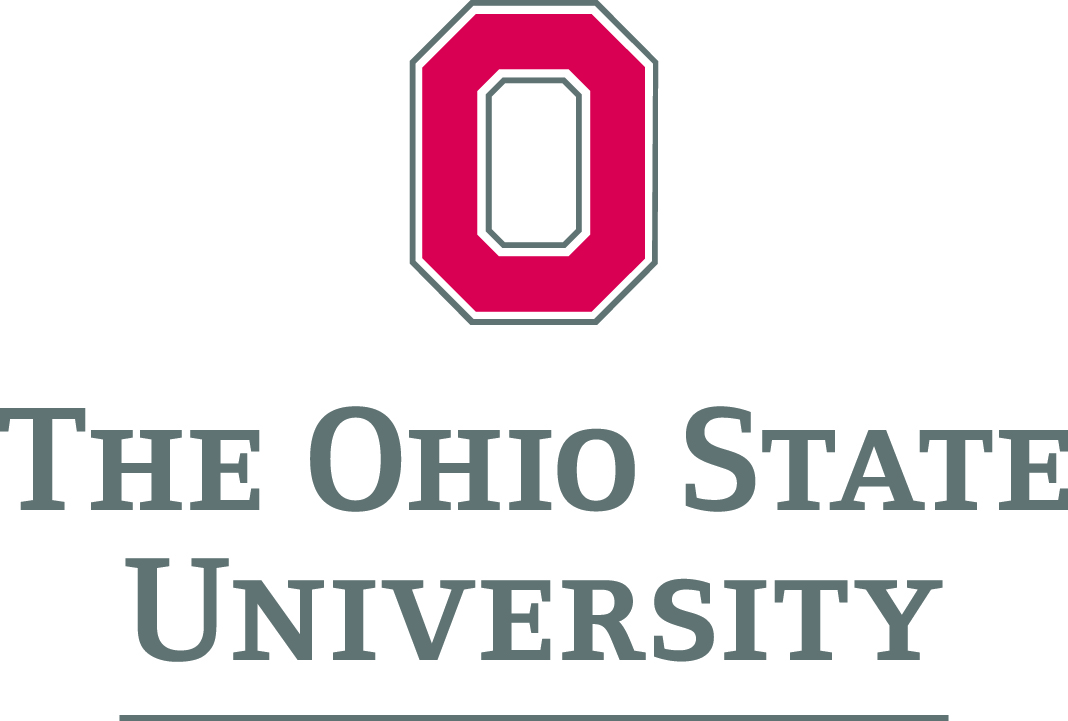Contact: Howard Klein, (614) 292-0719
Written by Jeff Grabmeier, (614) 292-8457
[email protected]
EMPLOYEE ORIENTATION PROGRAMS HELP BUILD COMMITMENT, STUDY FINDS
COLUMBUS, Ohio -- Orientation programs for new employees may have a reputation for being boring and unhelpful, but a new study suggests the right program can be very beneficial for workers and companies.
Researchers found that new employees who completed a three-hour orientation program showed a higher level of commitment to their employer than did those who skipped the program.
The increased commitment resulted from the fact that those who attended had a better understanding of the organization's goals and values and knew more about its history than those who didn't go, said Howard Klein, co-author of the study and professor of management and human resources at Ohio State University's Fisher College of Business.
"New employees are like recent immigrants to a country: they don't fully understand the language, history or culture," said Klein. "A good orientation program helps workers better understand the organization and its goals, and feel more at ease in the culture -- and that helps build commitment."
Klein conducted the study with Natasha Weaver, a graduate student at Ohio State. Their results appear in the current issue of the journal Personnel Psychology.
Klein said new employees have a lot to learn before they really feel a part of an organization and are able to become productive and contributing members. "There are a lot of things companies can do to assist in that adjustment, and orientation programs are one of the most common. We wanted to find out how effective these programs really are."
The study examined 116 new non-faculty employees at Ohio State -- 55 who attended the university's orientation program and 61 who did not. The employees had a wide range of jobs in a variety of departments -- everything from accountants to dental assistants to maintenance workers.
The orientation program was designed to help employees feel more a part of the university, learn about its mission, history and tradition, and understand basic workplace principles. The program included short lectures and discussion, a videotaped message from the president, and various exercises.
Researchers mailed two questionnaires to employees: one before the orientation program and then again one to two months following. Those who did not attend the program received their second questionnaires at about the same time as those who had attended.
Results showed that, before the orientation, both groups of employees were equally unfamiliar with their new employer. The follow-up survey showed that employees who attended the orientation knew more about the university goals, values and history than those who didn't attend. More importantly for employers, those who attended also showed a greater commitment to the organization. Analysis showed that the new familiarity with the organization and the related commitment both resulted directly from attending the orientation.
"We found that employees who knew and understood the university's values, goals and history -- all of which were discussed as part of the orientation program -- were the ones who showed the greatest commitment," Klein said. "They understood their mission as part of the university, and that helped build loyalty.
"If employers want a committed workforce, a good orientation program is an important first step in developing that commitment."
A bonus of the program that researchers did not expect was that those who attended also reported more informal contact and social relationships with their co-workers than did those who didn't attend. Klein speculated that people who attended orientation had more things in common to talk about -- such as the goals and history of the university -- and that helped facilitate relationships.
Although this study involved just Ohio State, Klein said the results should hold true for private companies or most any organization.
"Ohio State is somewhat unique, but it is similar to other large companies in that there are several distinct, relatively independent units within the institution, and many of those units are similar to smaller companies," he said. "The fact that our study included employees holding so many different types of jobs from so many different departments makes our findings highly relevant to a wide range of organizations."
The results suggest that companies should put a lot more thought and effort into their orientation programs, Klein said. "Nearly every organization has a program for orienting new employees, but most aren't very effective," he said.
Many orientation programs just focus on discussing rules and company policies. While employees clearly need to understand these things, companies also need to help employees understand the bigger picture, Klein explained. Employees need to understand the overall goals of the company and how they fit into the bigger scheme.
"In our study, a relatively short training program focusing on these issues had a substantial impact," he said. "A good formal orientation program can do more than just pass along information -- it can strengthen commitment to the organization and help an organization build and maintain a strong culture."
# # #
